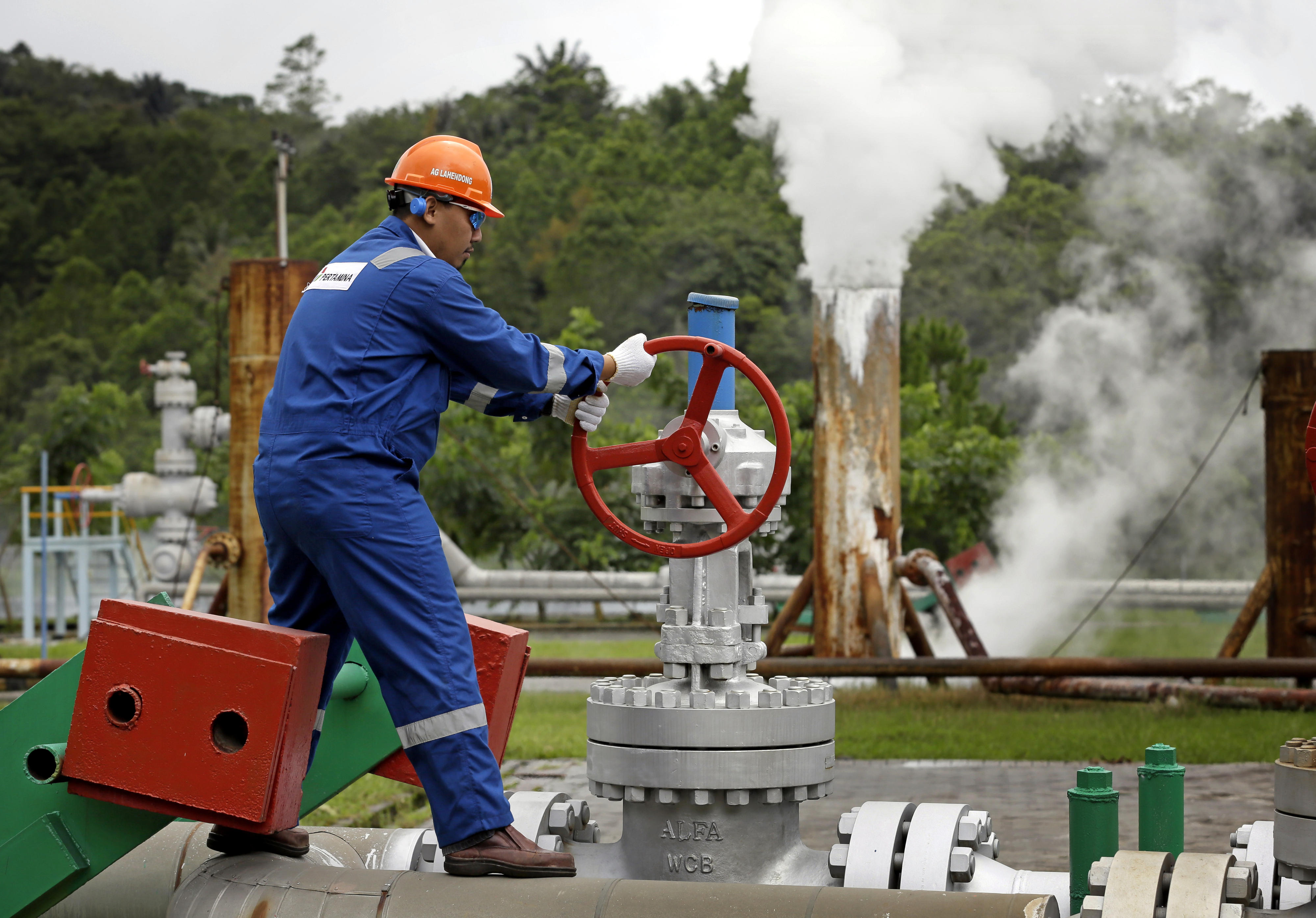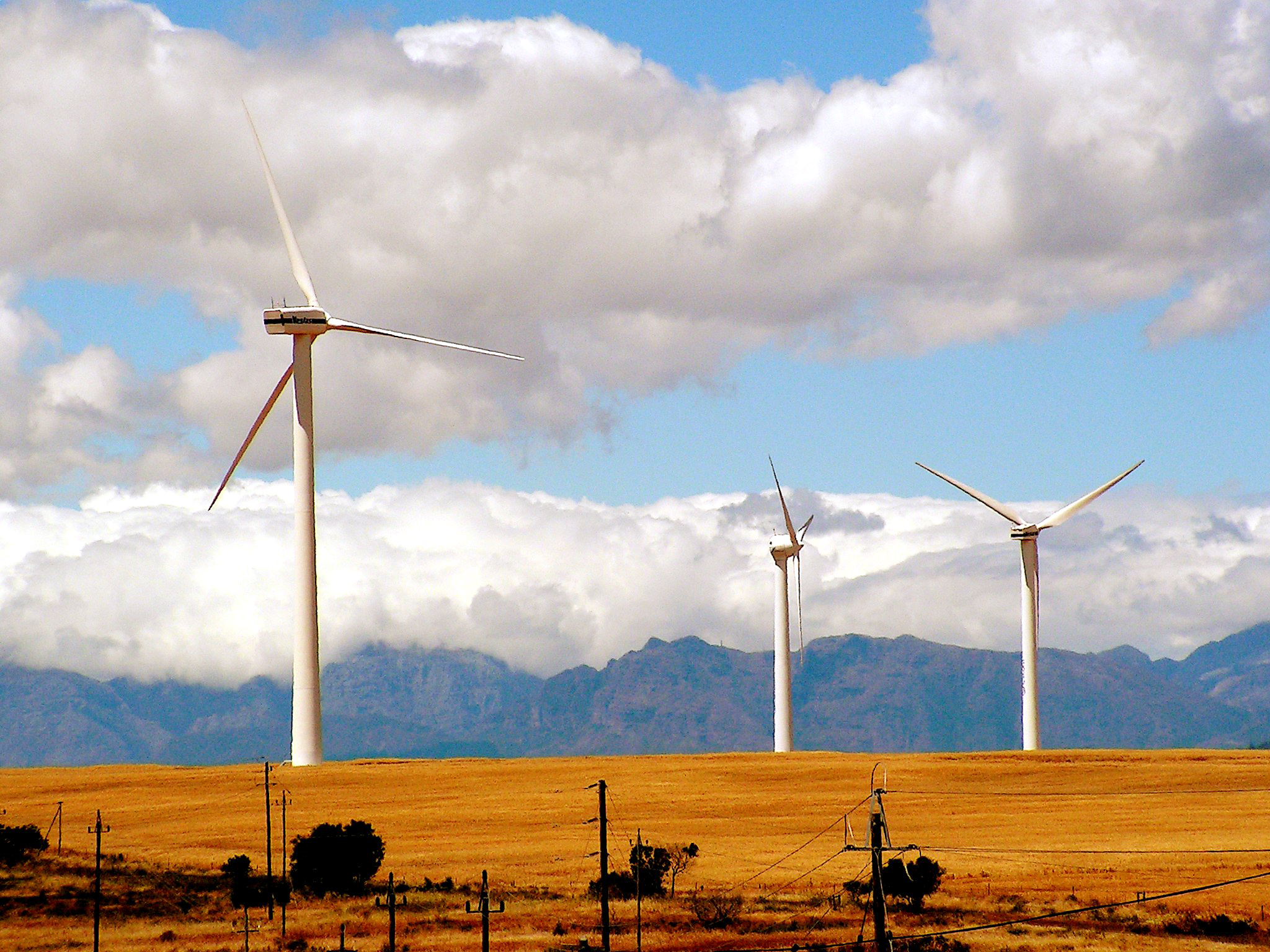A worker at the Lahendong geothermal site on Sulawesi Island, Indonesia. The hot steam produced here is fed to a nearby power plant to generate electricity.
Copyright© Thomas Köhler/photothek.net
Core area “Climate and energy, just transition” Boosting renewable energy
For example, the BMZ is supporting the construction of hydropower stations, the expansion of transmission grids and supply networks, and the electrification of rural areas and remote islands using small-scale hydropower plants.
Partnership for a socially just energy transition
In the margins of the G20 Summit hosted by Indonesia in 2022, which took place in parallel to the World Climate Conference COP27, Indonesia, the G7 countries, the European Union, Denmark and Norway announced that they had agreed an ambitious Just Energy Transition Partnership (JETP).
Concrete targets included achieving net zero emissions in the power sector by 2050 (10 years earlier than planned), reaching the peak of emissions in the power sector by 2030 with a maximum of 290 million tonnes of carbon dioxide (approximately seven years earlier than planned) and increasing the share of renewable energies in the power mix to 34 per cent by 2030 (more than double the current share). Germany became a co-chair of the Partnership at the start of 2025.
In addition, no more new grid-based coal-fired power stations are to be commissioned beyond those that are already in the planning or implementation phase. And for any off-grid coal-fired power stations that the industry is planning, solutions based on renewables are to be developed and implemented as alternatives.
To ensure that the energy transition is socially equitable, the JETP puts a special focus on women, young people and the population groups that are most affected by the coal phase-out. Germany’s contribution to implementing the JETP totals 1.5 billion euros, around 90 per cent of which takes the form of loans.
Circular economy and waste management
Indonesia’s greenhouse gas emissions could be significantly reduced through environmentally sound waste management. Estimates indicate that the waste sector accounts for around six per cent of environmentally harmful gas emissions.
Indonesia is also one of the world’s biggest sources of marine litter. Plastic pollution in particular harms the marine ecosystem, poses a threat to coastal tourism and the livelihoods of fisheries, and leads to the presence of microplastics in the food chain.
The Indonesian government has set itself ambitious targets for tackling these challenges. Indonesia is striving for far-reaching transformation, which takes time. The German Development Ministry has therefore made the circular economy and waste management a key action area under Indonesian-German cooperation.
Furthermore, the BMZ is working to modernise urban infrastructure in selected provinces and make it more eco-friendly. This includes public transport services, water supply and wastewater systems.
As at: 12/08/2025

